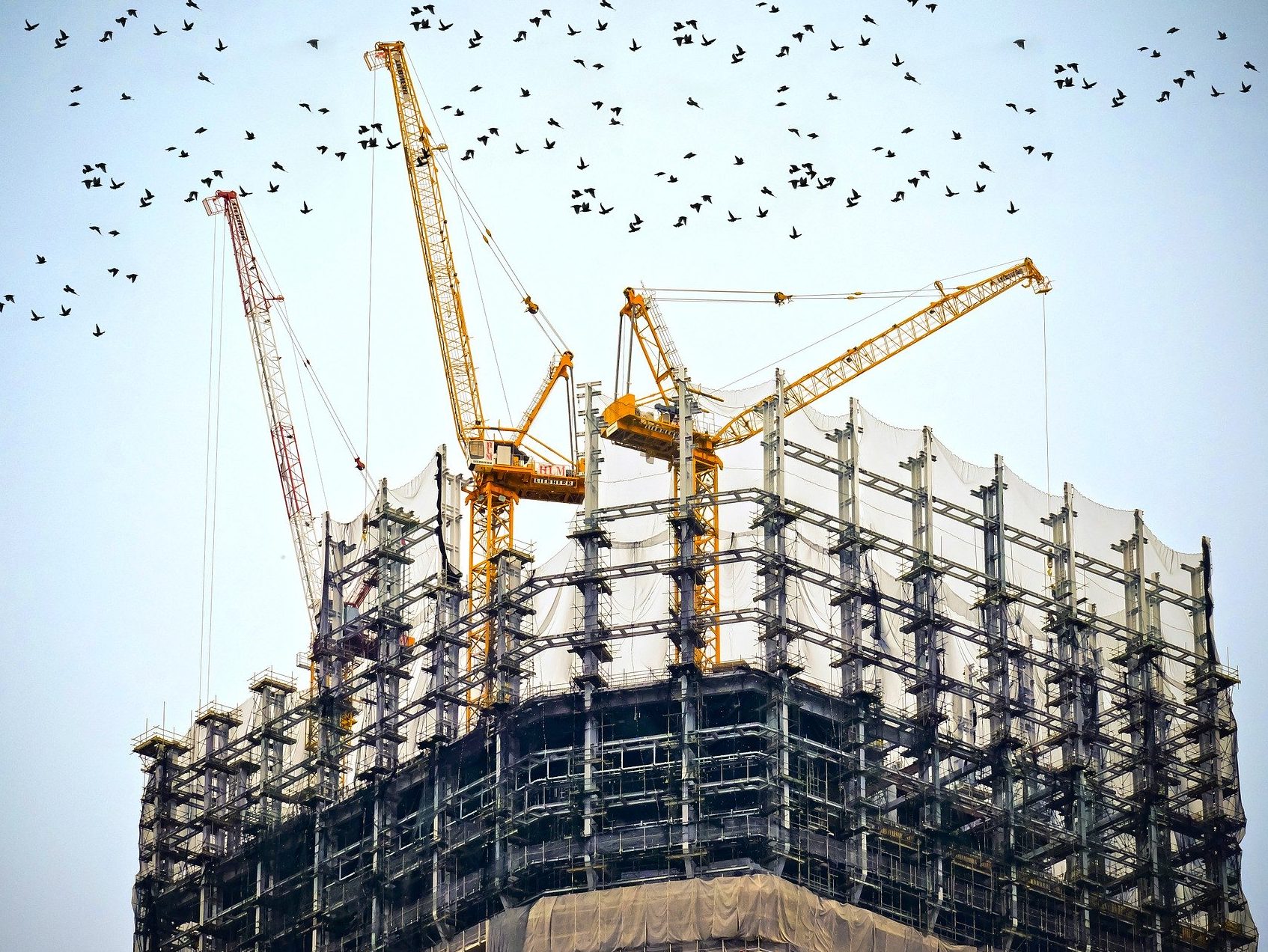Industry Groups Urge Cities to Allow Construction
Keeping infrastructure and other basic services functioning is essential business, construction industry trade groups say.
While some cities in the U.S. look to shut down all non-essential businesses in an effort to slow the spread of the coronavirus, the construction industry is strongly urging officials not to order building and development to stop, saying they should be included in the “essential” groups.
Boston became the first city in the U.S. to stop construction this week when Boston Mayor Marty Walsh called for a two-week ban starting March 17. Contractors and builders across the city were ordered to shut down all work on construction sites. Mayor Walsh said in a press conference the order will be revisited once it expires.
In New York, the Department of Buildings has not halted construction so far but city councilmembers including Carlos Menchaca have called for a moratorium. For its part, the DOB has advised contractors and developers to follow guidelines from the Department of Health in securing and cleaning construction sites.
“We will continue to closely monitor the situation and will issue further guidance to the industry as needed,” a DOB spokesperson told Commercial Property Executive in a statement.
Brian Sampson, the president of New York State’s chapter of the Association of Builders and Contractors, argued that construction should continue through the outbreak, since the construction industry is a vital part of keeping the nation running and healthy.
“Construction is not only an economic driver and causes so much economic opportunity, in essence it’s what helps us maintain our quality of life,” said Sampson.
Sampson pointed to the potential need for more hospital facilities, something New York City has already planned for, even asking the federal government for the use of a 1,000-bed hospital ship that will soon arrive in New York Harbor.
After Maryland Governor Larry Hogan earlier this week called for an increase in hospital beds to address the coronavirus outbreak, Mercy Medical Center sought and received an Emergency Certificate of Need approval from the Maryland Health Care Commission to build a new 32-bed acute care unit on the 17th floor of the hospital’s main facility in downtown Baltimore. Construction will start immediately on the $12.5 million project, which is expected to be completed in 75 days.
READ ALSO: What You Should Know About Coronavirus and Leasing
The Building Trades Employers Association this week called on New York City Mayor Bill de Blasio to define construction as an “essential” service, paving the way for development projects and other construction to continue on as planned through the duration of the pandemic.
“If construction shuts down, then maintenance and repair of all critical transportation infrastructure—which is essential for health emergencies—shuts down with it,” said Lou Coletti, president & CEO of the BTEA, in a statement. “Construction of affordable housing and health facilities will halt as well, which will directly impact the health, well-being and livelihoods of the most vulnerable New Yorkers. Construction is an essential service and must be allowed to continue during this crisis,” he added.
Mike Reily, a union laborer who is currently working on LaGuardia Airport’s $8 billion redevelopment, said the coronavirus pandemic hasn’t affected his job site, but coworkers in the industry have been sent home from sites that have closed, including the Metropolitan Museum of Art and a school construction site.
Sampson said members of his organization have implemented measures at their sites to minimize the risk of spreading the virus. Contractors are staggering the number of people each day on a site, reducing the number of people allowed in an elevator at one time, using temporal scanners to take workers’ temperature, and for some, shutting down the site if a worker test positive for the virus.
“We don’t want construction to stop, it could cause a public health crisis if it did,” said Sampson. “We fix roads, bridges, water, sewer—those are all quality of life health issues we need to maintain.”








You must be logged in to post a comment.